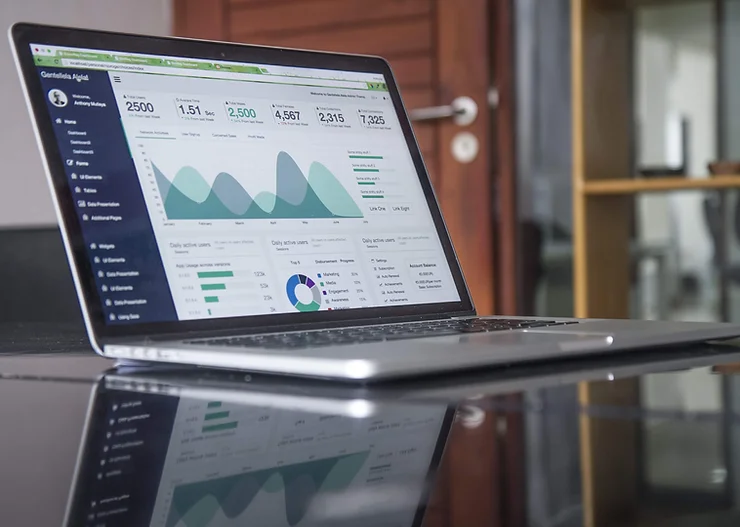An increasing number of American adults over 55 are carrying a significant amount of debt (excluding mortgage payments). According to research collected by the Employee Benefit Research Institute, the share of households headed by someone 55 or older with debt increased from 53.8% in 1992 to 68.4% in 2019. The years immediately prior to retirement are crucial in one’s financial life and approaching retirement with debt is something no one wants to face, yet so many are. Here is how the debt crisis in older Americans has spiraled in recent years, along with strategies for how to combat it.

The coronavirus pandemic has only fueled the mounting debt faced by many American households. A survey conducted in late 2020 by Clever, an online platform that connects buyers and sellers with real estate agents, found that retirees had doubled their nonmortgage debt in 2020, averaging out to $19,200 per household. Layoffs attributed to the pandemic forced many older Americans to retire far earlier than they had planned to. Other Americans left the workforce to care for children, grandchildren, parents and other relatives. Instead of having a few extra years to earn additional income and further grow their retirement accounts, these Americans were thrown into retirement unprepared.
Many of these forced retirees are putting their expenses, previously covered with salary, on credit cards. The burden of debt has not only affected older American’s financial lives, it has affected their livelihood. According to a survey by the National Council on Aging, many of these older Americans skip meals or their prescriptions in order to afford to pay their bills. While the implications of the coronavirus pandemic certainly didn’t help many American’s financial situations, there are other factors that have contributed to rising debt. Increasing medical and housing costs, declining pensions and low interest rates are all factors in the debt crisis.
While addressing debt can feel intimidating or embarrassing, the most important thing one can do is to tell someone. There are various nonprofit credit counseling agencies that will review a client’s income and expenses and create an individualized action plan. One nonprofit credit counseling agency, The National Foundation for Credit Counseling, even provides a free budgeting session in most circumstances. Older Americans should also consider researching senior-oriented government benefits, including property tax relief, utility assistance and Medicare subsidies. BenefitsCheckUp.org provides a comprehensive list of these government benefits.
Many older Americans facing debt often use high-interest credit cards to fill income gaps. This can be extremely stressful for individuals on fixed incomes that can only afford to make the minimum payment. Individual’s facing credit card debt should call their credit card company and try and negotiate a lower interest rate. They should also consider alternative, cost effective ways to pay off debt. For example, medical bills alone typically charge little or no interest. When these bills are placed on a credit card, they become a high interest cost. Individuals with medical bills should call their hospital and request an alternative payment plan. Retirees should also avoid taking out a home equity loan to pay off credit card debt. If they miss payments to the loan, they risk the foreclosure of their home. While the debt crisis will not be solved overnight, there are actionable steps individuals can take to start reducing their debt burden. With a plan and, in many cases, the help of a professional, debt can be managed.
5675595RG_May25
